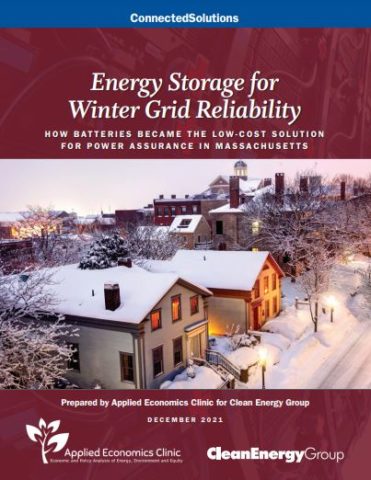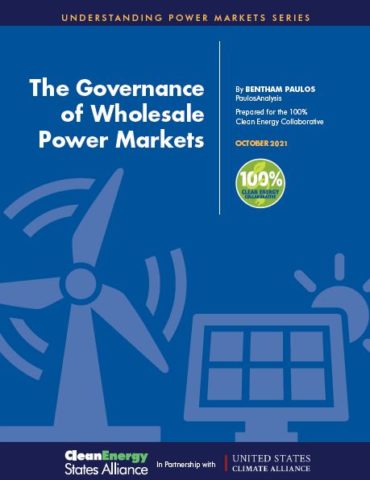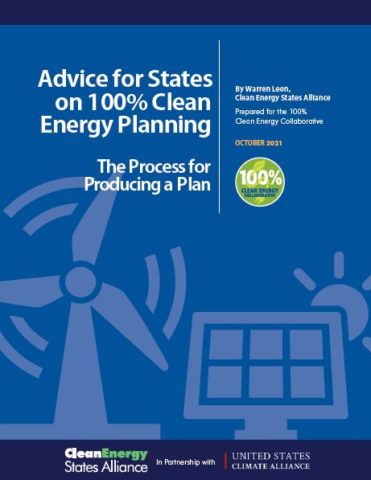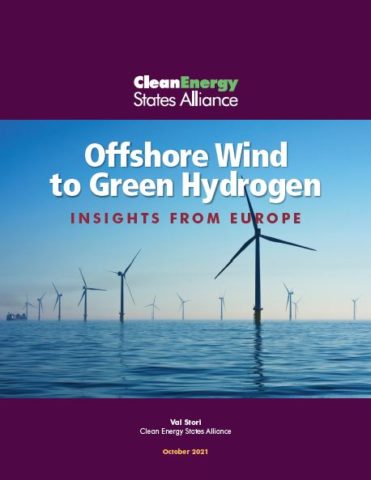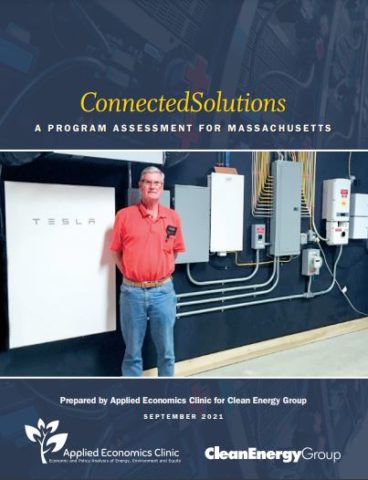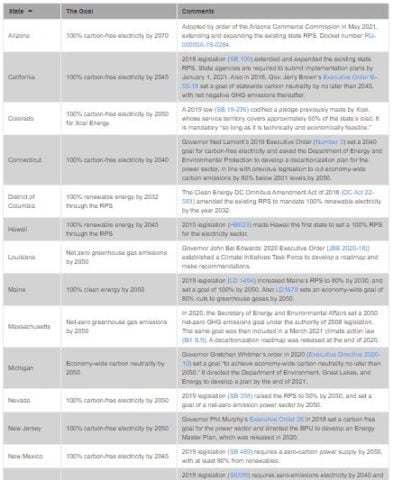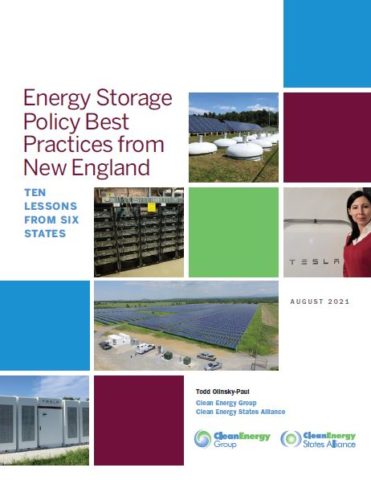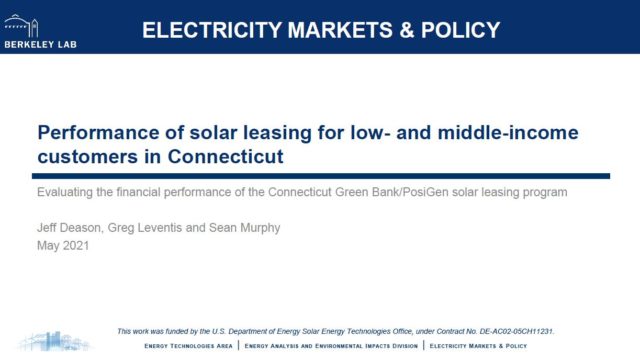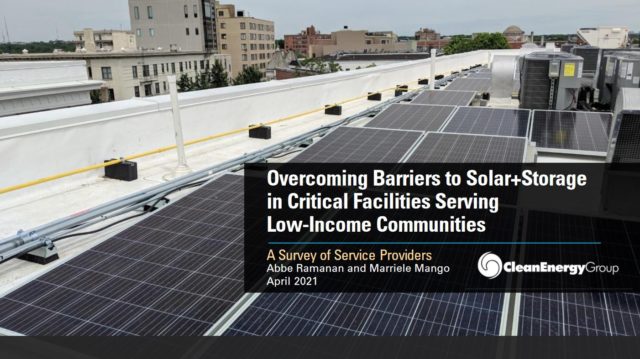Resource Archive - 2021
SEARCH RESOURCES
You can also search by author name.
RESOURCE TYPES
RESOURCE TOPICS
RESOURCE PROJECTS
RESOURCE YEARS
Winter electric peaking capacity services are currently undervalued in the Massachusetts programs that provide battery customers with performance payments to supply power back to the grid at times of high demand.
Wholesale power markets are core to the functioning of the US electricity system and to the transition to 100% clean energy. Yet their design and operations can be difficult to influence, or even track, due to complicated structures and processes, extensive regulations, and highly technical jargon. This paper is intended to shed some light on how power markets are governed.
To successfully achieve a 100% clean energy goal, a state will need to develop and implement a sound plan of action. This paper provides advice for states on the planning process, the organization of a plan, and the presentation of results.
This report explores Europe’s approach to green hydrogen development and unpacks the opportunities and barriers to its rollout.
This report assesses the design and performance of the Massachusetts ConnectedSolutions program, as it has been administered in the first three-year program cycle, and compares it with related programs in other states across the country.
The transition to a 100% clean electric supply will likely involve a very large amount of wind and solar power generation. These resources, with very low operating costs, fit poorly in wholesale electricity markets premised on the marginal cost of production—mostly fuel costs. To understand how this might play out, this white paper explores how power markets work today.
This guide provides state officials and other stakeholders with information about the 18 states (plus the District of Columbia and Puerto Rico) that have adopted 100% clean energy goals. It includes information about the plans and other implementation reports that some of those states have produced.
This report explores energy storage policy best practices and lessons learned from the New England states. It aims to inform state policymakers and regulators seeking to expand energy storage markets.
In 2015, Connecticut Green Bank, in partnership with the solar and energy efficiency company PosiGen, launched a solar leasing program that targets low- and moderate-income homeowners. This study shows that the program has successfully reached underserved customers and has reasonable repayment rates given the credit characteristics of the participants.
As part of CESA’s Scaling Up Solar for Under-Resourced Communities project, Clean Energy Group conducted a survey of municipalities, community organizations, affordable housing developers, and technical service providers who have been involved in developing solar+storage projects.

